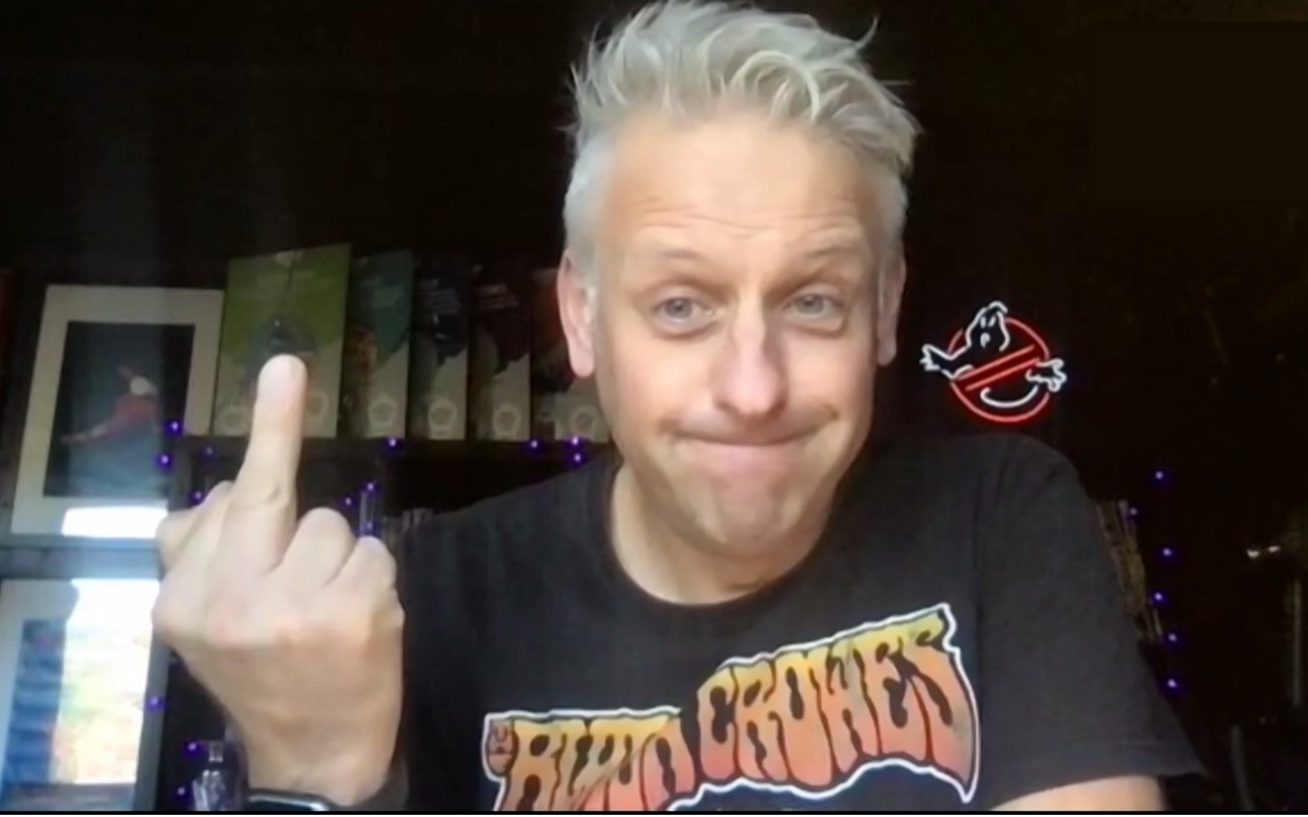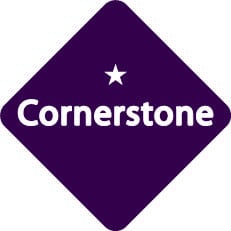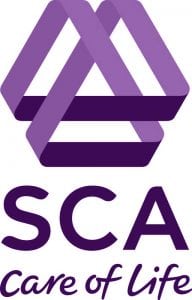“It isn’t where you came from; it’s where you’re going that counts.” Such beautiful and resonant words by such an inspiring lady in the history of music.
Ella Fitzgerald was arguably one of the most influential singers in the United States for more than 50 years of her recording career. Winning 13 Grammy awards and selling over 40 million albums. New York Times journalist Frank Rich wrote just after she died in 1996, “Ella performed a cultural transaction as extraordinary as Elvis’ contemporaneous integration of white and African American soul.”
Long before she was dubbed “The First Lady Of Song,” her early life was itself emotionally reminiscent of a jerking jitterbug jazz dance. Her mother walked from the family home shortly after she was born and then moved them to live with her Mums new boyfriend. At age 15, she sadly lost her in a car accident. Leaving Ella in the face of what her biographer termed “ill-treatment” at the hands of her Stepfather and spending further troubled teenage years between Orphanage Asylum and at one point being homeless and looking for light.
So how did Ella beat the blues and become the adored jazz legend she was to become? How did she manage to escape and rise above the tough start she had in life? What does this say to us and our own childhood shadows? Do we embrace the darkness and interrogate our own realities through our journey? Can the troubles of our past really power a better future?

The BBC documentary, Ella Fitzgerald: Just One Of Those Things, revealed how her childhood experience formed an intensely private adult. She rarely, if ever, spoke about the abuse and trauma and turmoil she lived through instead of using her voice to beautifully carve her future destiny. This coupled with her young ears being attuned to her Mothers jazz records, Ella didn’t just sing with her voice; she spoke with her soul, her young lived experience empowering every note.
We may not all have had an Ella like harrowing start in life, but we all have a past, and to some degree, it will play a part in our future. My own experience is very moderate by comparison, but then aren’t they all in our own eyes. When we compare our experiences to others, we steal or negate the pain, pleasure, and mystery of our own stories. What’s is important is it’s ours. We are all living examples of success and failure moulded by our past and finding our pathway through our future.
My own story began in 1974 in a small town in the West Of Scotland called Maybole, or ‘MyBole’ as locals would pronounce it. As you drive through the narrow traffic rammed High Street, it’s easy to miss its somewhat majestic past. On the surface, it’s an easily forgotten place. Its beautiful sandstone buildings tinged by fuel emissions from HGV’s heading to the Irish seaport at Cairnryan. Derelict shop units, aside from local life’s essentials of pharmacies, food stores and the odd pub or ten. There’s even an old shoe shop that’s been boarded up since I left the town in 1989, once the place where I got fitted for gym hall plimsoles is now a fly poster graveyard.
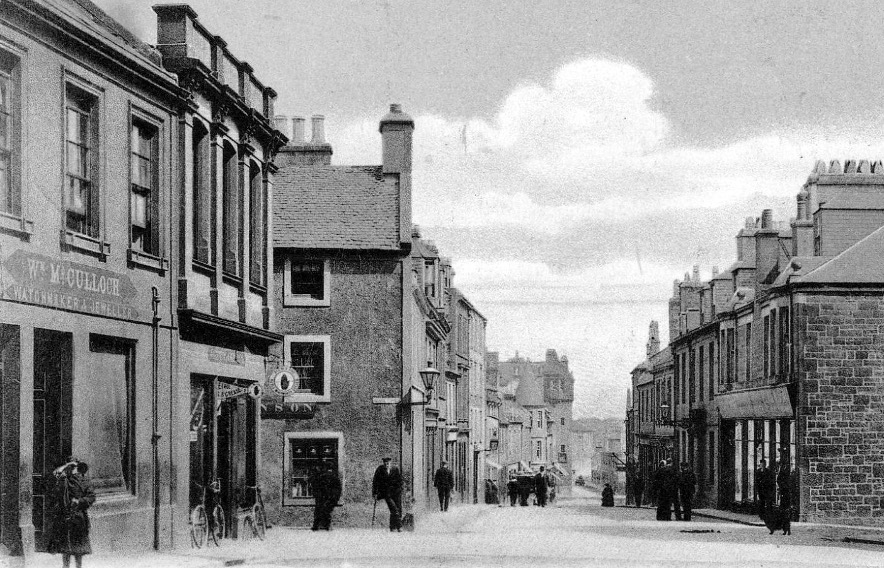
Image credit: Maybole regeneration project Sandy Stevenson
Up until the late 17th century, it was indeed a burgh of regality. It was home to some 28 lords and landowners with estates and prosperous terrain well beyond these postcodes. Even Scotland’s poet Robert Burns mother Agnes was a resident and was married here. As late as the 19th century, it became a centre of Scotland’s boot and shoe manufacturing industry. Ayrshires own John McAdam carried out his very first experiments in ‘Macadamising”, or as we know it today tarmacking, the stretch of roadway between Station Bridge and Whitefaulds Farm in the town.
When the shoe industry started to dwindle, so too did the town. Many of the locals moved away; there is still a district in Ontario, Canada, known as “Wee Maybole”. The gradual industry depletion and population exodus formed a devil’s cocktail of unemployment and blurred identity. It was no longer the home of shoes but the overflow resting place for surrounding townsfolks who chose here as a short-term home until better options arose.
This was my town where I grew up. The place I called and still call home. When someone asks me where are you from? I reply, “Mybole”. It may have been 500 years since it was granted Burgh of Barony status, but its history, no matter how recent or distant, has played a massive part in my today.
My family set up home here in the early 1970s. A new council house boom in the area coupled with young families looking to be part of its revival seemed to attract my parents towards it. My Dad worked full time as a painter and decorator, and my Mum worked most days as a secretary for a solicitor in the town. My older brother and I shared a room, painted half his favourite colour of Glasgow Rangers blue and half mine of Liverpool red. As the years passed, his wall turned into a shrine to Kylie Minogue, mine monochrome pictures of dead movie stars.
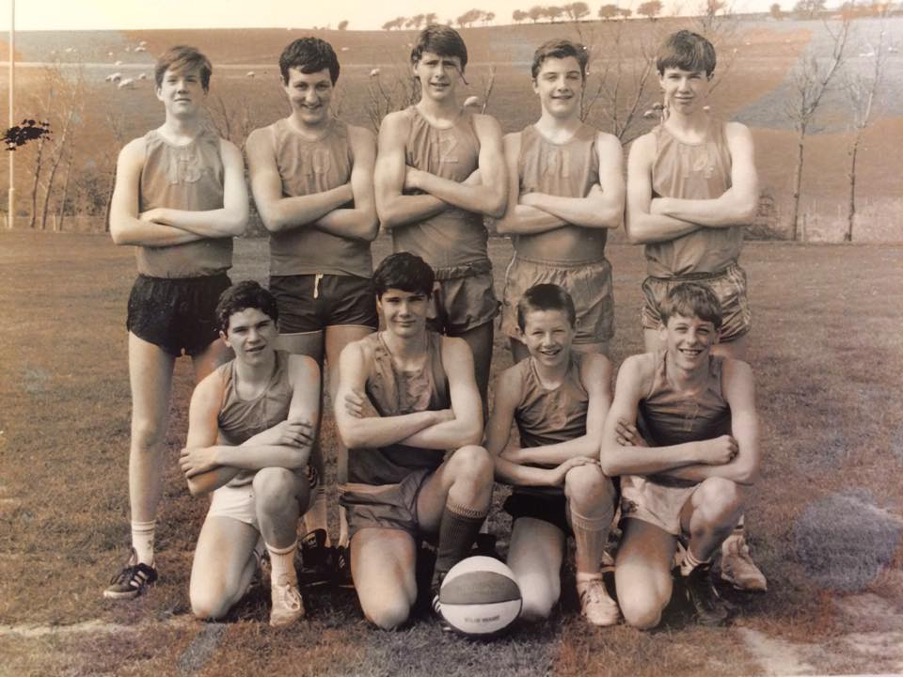
Image credit: Carrick Academy Facebook Group
Our schooldays couldn’t have been more dramatically different. My brother got good grades, was well behaved and rarely, if ever upsetting anything or anyone. He followed the rules, fitted in, and stood out as a model student. Me? I was the wee brother, the rebellious, disruptive one. I was bullied for what felt like years by a team of toxic dickheads due to something I had allegedly said about one of their fellow posse. I didn’t even do it; to this day, I wish I had, given the hassle and abuse my family, and I had to endure. I allowed the challenge of a sometimes-tough environment and bullying to be a playground for creativity. Bending the parameters at any opportunity I could. I still maintain I started my first business up-selling fresh cream buns in the school playground for profit.
I never felt my schoolwork suffered directly from this; it did so due to my insatiable desire to break the box and be more than the younger sibling. I could read well enough but wasn’t well-read. I allowed music to be my books. It didn’t matter that I didn’t read the book; I needed to pass my English test. I simply crafted technicolour stories in my mind. On one occasion, taking my knowledge of the mid-eighties Black Rock Music Coalition movement in the US and my then favourite band from this collective, Living Colour, and turned it into an A graded essay. I even gave this mystical book a title using one of the band’s favoured songs of mine, This Is The Life, and credited their producer of the day as the Author. I had the capacity to create and imagine the words they would use should such a book exist. This life would arguably have been so much easier had I just read the bloody John Steinbeck book.
In my Maybole life lens, the easier route simply didn’t equate to better. Easier to me would have been both a cop-out and a first-class ticket to a life less lived. The day George Sinclair, my guidance and music teacher, asked me what I wanted to do when I left school, I had a flash forward vision of my future through the lived experience of my home town and those who surrounded me.
Take a trade like my beautiful Dad. Stay in line. Know my limits. Remember where I’m from forget dreams of travelling to. Do the back-breaking hours to enable me to get physically knackered by the time I’m 30. Arrive at hacked off 45, low in energy and ideas due to the lack of TLC I’ve afforded myself thus far….and then, and only then…. it would click. The eureka moment. Life is more than this.
I may have been 15, but I knew. It was cloudy, but I knew, this vision wasn’t happiness. I knew I had to treat life like the special gift it is. I still can’t recall if I answered Mr Sinclair’s questions as precisely as, “happy” but I’m sure I had sunshine energy in my answer.
I wanted to find a space to play each day. I had a desire to experiment and imagine a world beyond these narrow rules. I dreamed of drawing squiggly lines and having goofy days, of being something else, whatever it was, to always just be me. Yep, school didn’t really work for me, nor me for it. The same teacher said to me a year or so later, “Leave or be left, Mr Leiper”, a line I’m still both enormously thankful for and fond of.
I learned many years later that Mr Sinclair was most definitely a man of action. I think he got me; maybe he just didn’t have the remit to afford me help earlier in my education. He too was independent in his thinking. He would let us listen to our music, telling us to turn it down when the head was on the prowl.
My Dad knew him well and described him as 100% committed to everything he did. Starting his working life as a maintenance engineer at a local coal mine. He worked tirelessly to gain the necessary qualifications to join the teaching profession. I also learned about him playing the piano regularly at the world-famous Turnberry Hotel. I witnessed the beauty and craft in his amazing chalk artwork, which we got to see every year as he rapidly created The Christmas Story on canvas in 5 mins flat. He was devoted to the church, not simply content with local prayer; he led missionary trips as far afield as Ghana. He had a desire to see people succeed in life. I often wonder about his past beyond the years I know of. What created this man of faith and action? I’ve got this mystical vision of young George sitting in his home hearing Ella at her pomp, maybe duetting with Louis Armstrong dreaming of a life in music, but with his Dad’s words ringing in his ear, “Get down that pit son and earn a hard days crust”. I imagine a young doer with a musical dream, and at some point, the do overtook the music.
“Let yourself be silently drawn by the strange pull of what you really love. It will not lead you astray.”
― Rumi
Maybe Rumi, the 13th-century Persian poet, should be our light. A lot of me has travelled since I was sat opposite Mr Sinclair. I know when I’ve hit career crossroads, I’ve used love as my compass to help me decide where and what next. If you love what you do and put every ounce of passion into how you do it, money will eventually follow you. Wealth then ceases to be a factor in those career choices. The choice you then make is then about the experience of the journey you will be likely to travel as opposed to the financial fruits it may bring. Work then becomes a part of you. It becomes your identity, and what was once a desire becomes your new reality. I reckon Ella and George followed their love; it just bled in different ways. George on the local Baptist Church organ and Ella’s scatting into a mic at The Apollo in Harlem.
I knew fragments of Ella’s life before I researched to write this piece. I knew how much her love of Jazz music shaped her. However, the more I read, the fuller I appreciated where you come from most definitely shapes us, but it shouldn’t define us. We are more than our past. Every step forward into the sunshine leaves that darkness two steps further behind. It doesn’t matter where you came from, but it is important to notice its role in how it powers each step of our journey.
I’ll leave you to decide how much the soundtrack on my headphones in 1990 impacted a 16-year-old Mayboler’s path in life.


